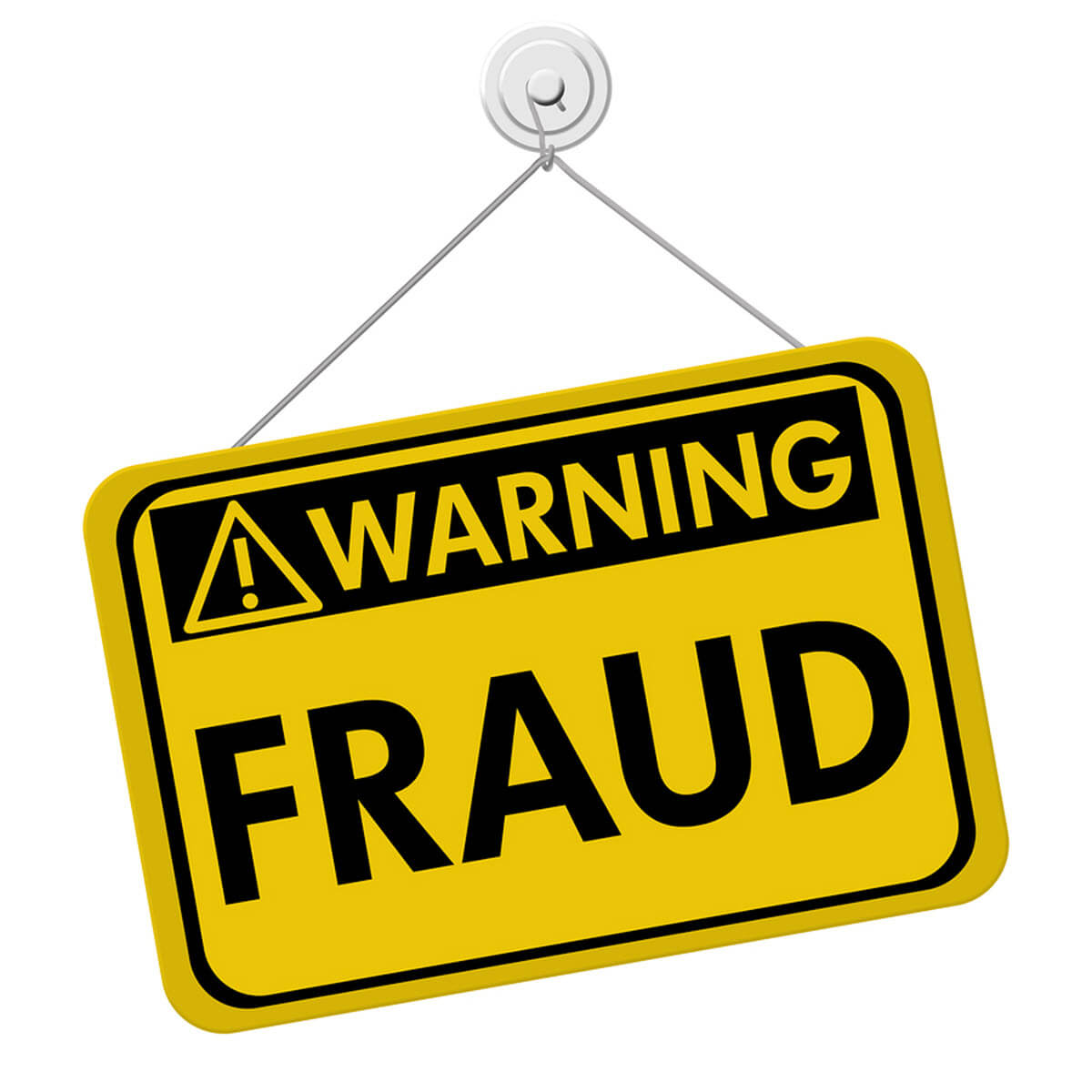Scams and Your Elderly Loved One: What Do You Need to Know?
Millions of elderly adults get scammed every single year. When it comes to taking care of your elderly loved one, it is important to teach them about preventing scams in their life. There are so many different types of scams that your elderly loved one needs to know about. Be sure that you talk to them about each and every one of these.

Caregiver in Fairhope AL: Scams and Your Senior
The IRS and Medicare Scams
Two of the scams that often target elderly adults are the IRS and Medicare scams. These scams happen when someone poses as an IRS or Medicare employee. They might claim to need your elderly loved one’s personal information to verify their account. They may also say that your elderly loved one owes them money and they need to send it right away. Once these scammers have your elderly loved one’s personal information, they can use it for identity theft and other reasons.
Internet Fraudsters
There are way too many internet frauds to tell your elderly loved one about. However, some of the things that your elderly loved one should be wary about are pop-up advertisements, loud buzzing on their computer or phone telling they must click on the ad to stop the buzzing, email frauds, and much more. You should let your elderly loved one know that if they see or hear anything suspicious on their computer, tablet, or cellphone, they should put it down and ask someone for help.
The Lottery and Sweepstake Scams
There are also many lotteries and sweepstake scams that elderly adults often fall for. If your elderly loved one every gets a phone call or an email stating they have won money from anything they didn’t enter into, they should not click on it or respond to it. If it is a phone call, your elderly loved one should not say anything. They should instantly hang up the phone. If they give out their information to these scammers, they could lose money or personal information.
Unfortunately, there are many scams out there that do target elderly adults. If your elderly loved one has home care providers, have these providers keep an eye on your elderly loved one. Let your elderly loved one know that they can tell their providers if they receive any suspicious emails, text messages, pop-ups, or phone calls. If they do fall into a scam, they should instantly report it. While many times nothing can be done when a scam occurs, at least reporting it can help to prevent it from happening to anyone else.
If you or someone you know needs a Caregiver in Fairhope, AL, please contact the friendly caregivers at Hughes Home Care. We provide quality and affordable care for your elderly loved ones in our community. Call Us Today 251-517-9901. Serving Mobile & Baldwin County.
Sources
https://www.fbi.gov/
- Home Care Makes Independent Living Easier For Seniors With Arthritis - April 24, 2025
- Risk Factors that Increase the Likelihood of Heart Failure - April 11, 2025
- Is it Possible for Seniors to Eat 30 Plants a Week? - March 25, 2025
